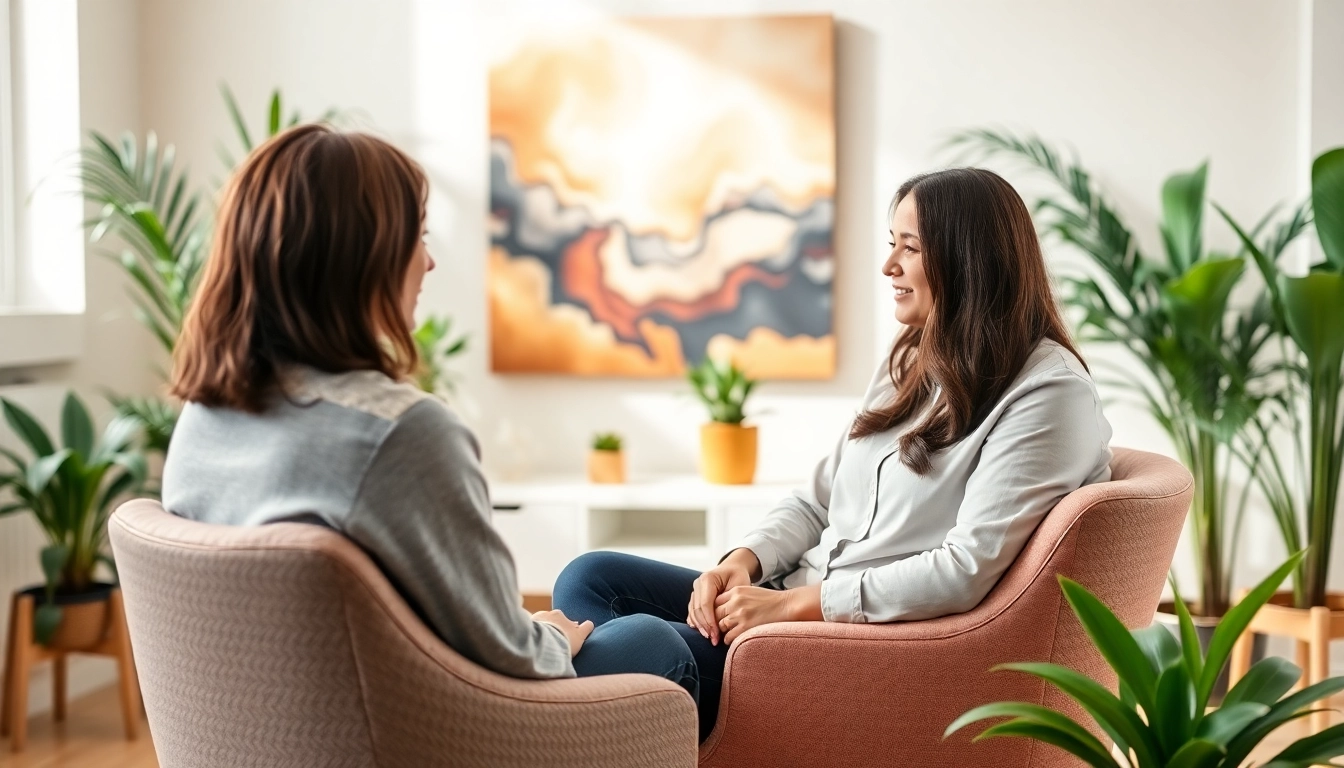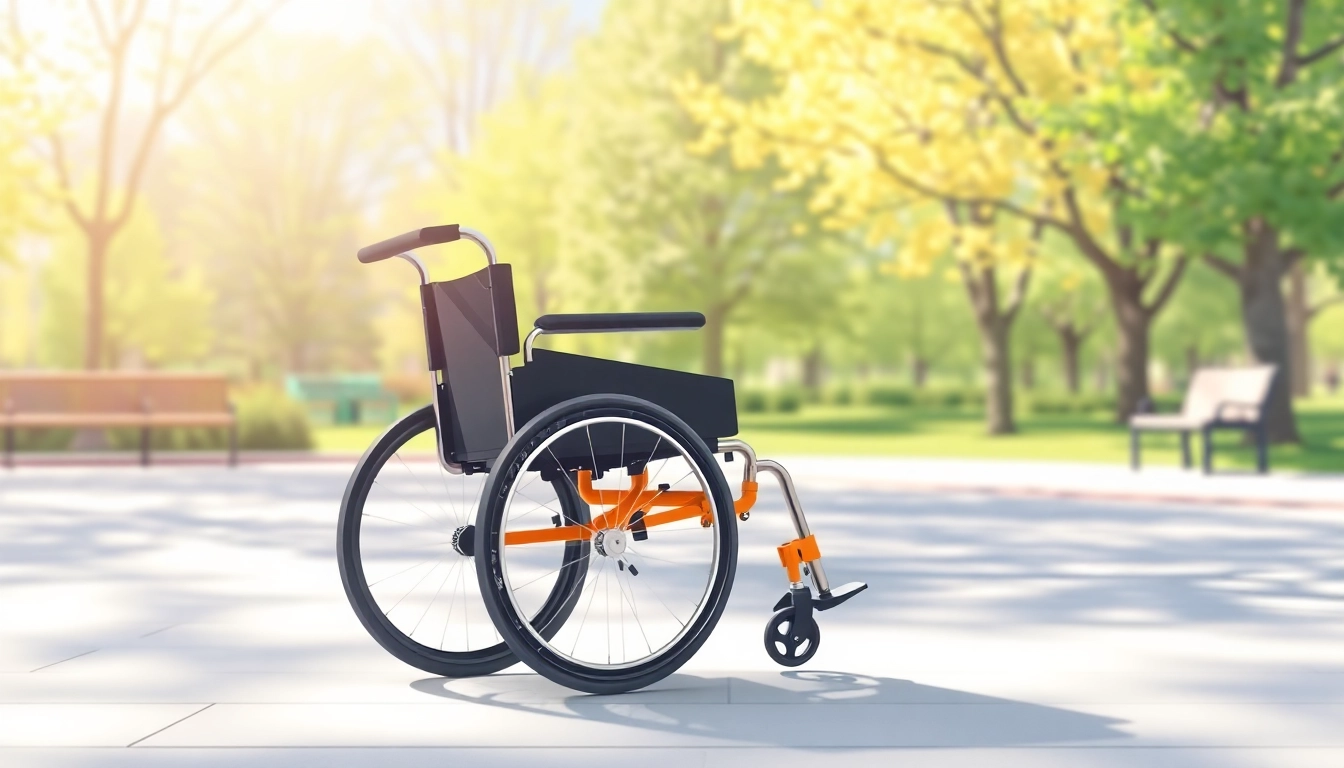Understanding Anxiety and Its Impact
Anxiety is a common psychological condition that affects millions of people worldwide. While it can manifest in various forms, ranging from mild apprehension to debilitating disorders, understanding its complexities is crucial for effective management. In this article, we explore methods for dealing with anxiety, delve into its symptoms, and examine its effects on daily life.
What is Anxiety?
Anxiety is defined as a feeling of worry, nervousness, or unease about something with an uncertain outcome. Typically, it is a natural response to stress and can mobilize action or help individuals cope with challenging situations. However, when anxiety becomes excessive or chronic, it may turn into an anxiety disorder, characterized by persistent and overwhelming feelings of fear.
There are several types of anxiety disorders, including Generalized Anxiety Disorder (GAD), Panic Disorder, and Social Anxiety Disorder, each presenting unique symptoms and behavioral patterns. These disorders can be debilitating, interfering with everyday activities, relationships, and overall quality of life.
Common Symptoms of Dealing with Anxiety
Recognizing the symptoms of anxiety is the first step towards managing it effectively. Common symptoms include:
- Physical Symptoms: Racing heart, shortness of breath, tremors, sweating, fatigue, and muscle tension. These often lead individuals to feel physically unwell.
- Psychological Symptoms: Excessive worry, irritability, difficulty concentrating, and feelings of impending doom. These symptoms can create a cycle of anxiety that feels inescapable.
- Behavioral Symptoms: Avoidance of situations that trigger anxiety, which may result in isolation or missed opportunities. This can exacerbate feelings of loneliness and despair.
The Effects of Anxiety on Daily Life
Anxiety can have profound effects on an individual’s daily life. People may find it difficult to perform at work or school due to overwhelming fear or distraction. Social interactions may become challenging as anxiety can lead to avoidance of gatherings, meetings, or outings.
Moreover, anxiety can impact physical health, leading to a plethora of issues such as chronic fatigue, headaches, gastrointestinal problems, and a weakened immune system. The emotional toll can further lead to depression, compounding the struggle for many who deal with anxiety.
Practical Techniques for Dealing with Anxiety
While anxiety can feel insurmountable, there are several practical techniques individuals can employ to manage their symptoms effectively. These strategies aim to reduce anxiety and foster a sense of calm and control.
Breathing Exercises and Relaxation Methods
Breathing techniques are among the simplest yet most effective strategies for managing anxiety. These techniques help counter the physical symptoms of anxiety by promoting relaxation and reducing heart rate. Some effective methods include:
- Deep Breathing: Inhale deeply through the nose, hold for a few seconds, then exhale slowly through the mouth. Repeat several times.
- 4-7-8 Breathing: Inhale for a count of 4, hold for 7, and exhale for 8. This method encourages a rhythmic breathing pattern that can quickly diminish anxiety.
- Progressive Muscle Relaxation: Tense each muscle group for a few seconds, then release. Focus on the contrast between tension and relaxation.
Physical Activity and Its Benefits
Engaging in regular physical activity can have a significant positive impact on mental health. Exercise releases endorphins, neurotransmitters that promote feelings of well-being. Here are a few ways physical activity is beneficial for those dealing with anxiety:
- Stress Reduction: Exercise helps lower levels of stress hormones, like adrenaline and cortisol.
- Improved Sleep: Regular physical activity can enhance sleep quality, which is crucial for managing anxiety.
- Increased Confidence: Achieving fitness goals can improve self-worth and confidence, contributing positively to overall mental health.
Mindfulness and Meditation Practices
Mindfulness is the practice of being fully present and engaged in the moment without judgment. Meditation techniques, when practiced regularly, can lower stress and anxiety levels significantly. Effective mindfulness strategies include:
- Guided Meditation: Utilize apps or online resources to participate in guided practices that promote relaxation.
- Mindful Breathing: Focus your attention solely on your breath, observing each inhale and exhale without distraction.
- Body Scan Meditation: Mentally scan your body from head to toe, noting areas of tension, promoting relaxation through awareness.
Seeking Professional Help for Dealing with Anxiety
While self-help strategies can be effective, it’s crucial to recognize when professional help is needed. Therapy can provide personalized strategies and support for individuals struggling to cope with anxiety.
Types of Therapy Available
Numerous therapeutic approaches can be beneficial for treating anxiety disorders. Here are some of the most common:
- Cognitive Behavioral Therapy (CBT): A widely-accepted treatment approach that helps individuals identify and challenge negative thoughts and beliefs.
- Talk Therapy: Engaging in open discussions with a licensed therapist can provide cathartic relief and insights into one’s behavior.
- Exposure Therapy: This method involves gradual exposure to anxiety-provoking situations, helping individuals confront and reduce their fears.
When to Seek Help from a Professional
If anxiety interferes with daily life, causing distress that seems unmanageable, it may be time to seek professional help. Warning signs include:
- Persistent feelings of anxiety that do not improve.
- Increased withdrawal from social activities or relationships.
- Struggles with work or school performance due to anxiety.
- Feelings of hopelessness or thoughts of self-harm.
What to Expect in Therapy Sessions
Therapy is a safe space for exploration and healing. In sessions, individuals can expect:
- Assessment: A thorough evaluation to understand the individual’s anxiety triggers and symptoms.
- Collaborative Goal Setting: Working with a therapist to develop personalized goals for managing anxiety.
- Skill Development: Learning coping mechanisms and strategies to apply in daily life.
Building a Support System for Dealing with Anxiety
Having a solid support system is critical when managing anxiety. Friends, family, and communities can play a significant role in providing support and understanding.
Communicating Your Feelings Effectively
Open communication is essential for fostering supportive relationships. Here are strategies for effective communication about anxiety:
- Be Honest: Share your feelings and experiences openly to minimize misunderstandings.
- Educate: Help others understand anxiety and its impact on daily life.
- Set Boundaries: Communicate your needs and limits in various situations, ensuring that your well-being is prioritized.
The Role of Family and Friends
Family and friends can offer invaluable support. Their understanding, patience, and encouragement can make a significant difference. Strategies to leverage support include:
- Involvement: Encourage loved ones to participate in activities or exercises that promote well-being.
- Regular Check-ins: Maintain communication with friends and relatives about your feelings and progress.
- Seeking Their Input: Involving them in your journey can strengthen your support system.
Support Groups and Community Resources
Support groups can provide a sense of belonging and collective understanding among those dealing with similar issues. Community resources available include:
- Local Support Groups: Many communities offer support groups for individuals dealing with anxiety; attending these can foster connections with others who understand.
- Online Forums: Digital platforms can also provide support and resources for individuals who may not have access to local services.
- Community Workshops: Engaging in wellness workshops can introduce new strategies for managing anxiety and improving mental health.
Long-term Strategies for Managing Dealing with Anxiety
Managing anxiety is often a long-term journey that requires commitment and consistency. Employing sustainable strategies can help individuals maintain progress over time.
Healthy Lifestyle Choices
Adopting a healthy lifestyle can significantly impact anxiety management. Consider the following:
- Balanced Diet: A healthy diet can support mental health. Nutrient-rich foods, such as fruits, vegetables, whole grains, and lean proteins, contribute to improved mood and reduced anxiety.
- Sufficient Sleep: Quality sleep is critical for emotional regulation. Establishing a consistent sleep routine can bolster resilience against anxiety symptoms.
- Limit Stimulants: Reduce the intake of caffeine or alcohol, which can exacerbate anxiety symptoms.
Maintaining a Balanced Routine
Consistency and structure are essential for managing anxiety effectively. Building a balanced routine may involve:
- Daily Schedule: Establish a daily routine that incorporates work, relaxation, and self-care activities.
- Set Realistic Goals: Aim for achievable goals that provide a sense of accomplishment without adding undue pressure.
- Time for Hobbies: Engage in activities that bring joy and fulfillment outside of obligations.
Coping with Setbacks and Progress Monitoring
Setbacks are a natural part of the journey towards managing anxiety. Here are ways to cope:
- Acknowledge Progress: Celebrate small victories and recognize progress, no matter how minor.
- Learn from Setbacks: Analyze what triggered a setback to better prepare for future instances.
- Maintain Flexibility: Adapt strategies as necessary to accommodate changing circumstances and new challenges.
Ultimately, understanding and managing anxiety requires a multi-faceted approach that incorporates practical techniques, professional help, robust support, and sustainable lifestyle choices. By committing to these strategies, individuals can effectively cultivate resilience and manage their anxiety in their daily lives.



